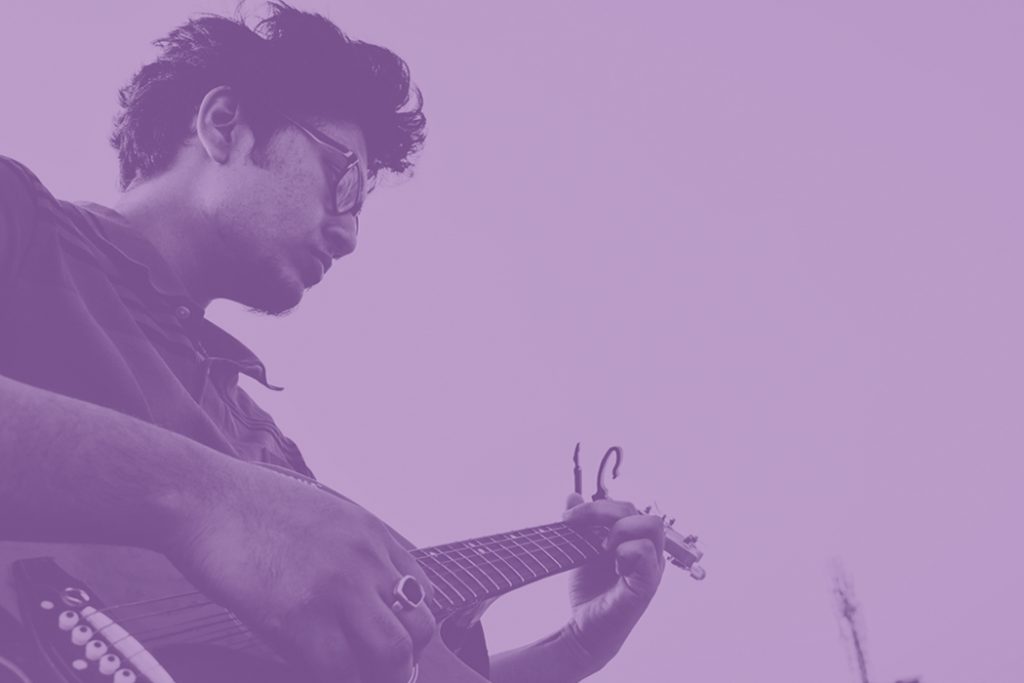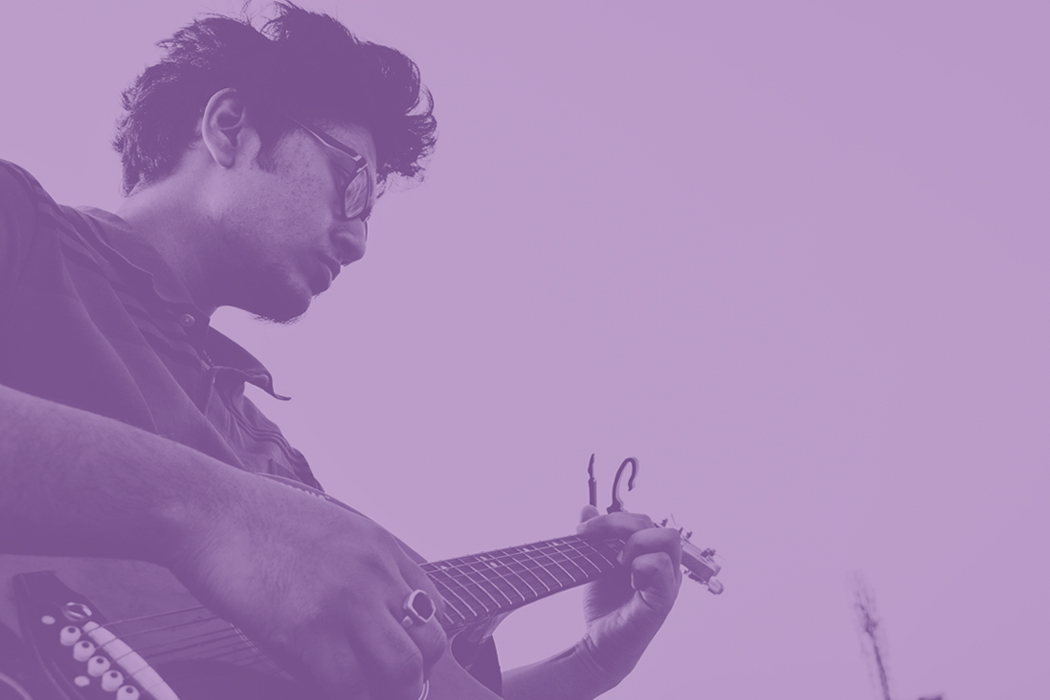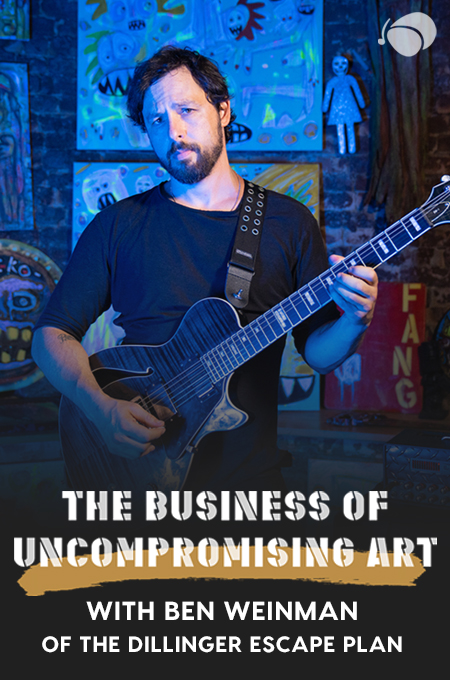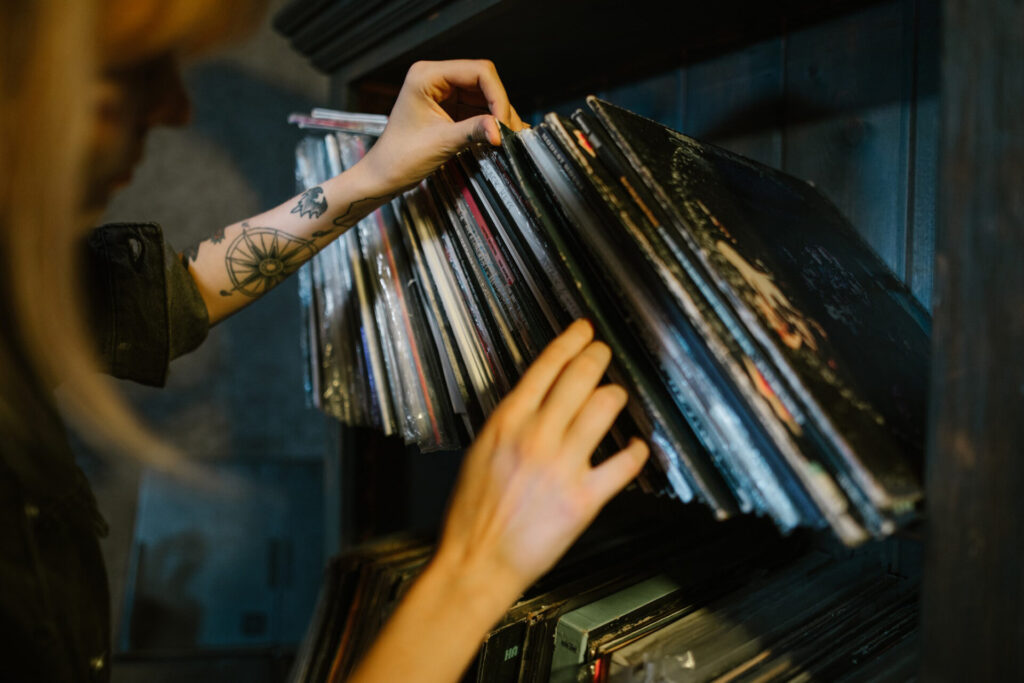+ Did you know that Soundfly’s online course on DIY tour booking, promotion, and management is totally free?! Start learning today.
Booking. Everyone hates doing it. The rejection. The frustration of trying to align multiple schedules. It’s time-consuming, easy to screw up, nerve-wrackingly uncertain and even when things fall in line, shows can be thankless and unfulfilling.
We only do it because we want play shows and often we half-ass it. We book the same shows with the same bands at the same venues playing to the same people and then complain when we make no progress. (Can you tell I’ve been there too?) Overcoming this is crucial for growth, and luckily it has more to do with one’s mindset than anything else.
It might be hard to jump back in to the booking process with such a bad taste left in your mouth, but there are a few advantages to getting into the habit of constantly booking upcoming dates. And here’s why.
1. It helps you adopt an abundance mentality.
The scarcity mentality is rampant in the entertainment business — you’d think we were dealing in black market organ transplants. When you’r booking all the time though, it helps to put things in perspective. You see the bigger picture of your schedule ahead of you, your progress, your career and everything; and all of a sudden the bad parts seem far less painful.
No single gig or venue becomes so critical. There’s always another opportunity to be found.
Some even say that the harder you have to work to sell yourself, the less valuable the gig becomes — if the person you’ve approached can’t already see the value in what you do, they probably aren’t going to with more convincing. So your résumé and schedule needs to somewhat speak for itself. That said, you do need to do a good job of representing yourself accurately and realistically. A friend’s funky rock band once thought it’d be fun to take band photos in full mariachi garb. Guess what impression that gave talent buyers?
2. Live performance remains the largest income generator for most musicians.
If we don’t book shows, we don’t earn money. Time spent trying to increase your vanity numbers (Facebook likes, Spotify plays, etc.) translates to 100ths of pennies. HundredTHS!
Even one show that pays $100 is more valuable than what most bands will earn on Spotify in a year and unless you’re pretty savvy with your social media and email skills, it’s probably way more than you’ll sell online in a month. Spotify pays $0.006 per play so $100 = 16,667 Spotify plays. That’s more than most bands have in a year; especially those who don’t already have a booking agent.
What if you got paid $200 for a gig? Now you need 32K plays.
It’s much easier to translate playing a show into dollars than translating online validation into anything more than just that.
3. You’ll get better and quicker.
The more you play the booking game, the better and more efficient you’ll get. I often joke that for every ten emails I send, I get one response, and for every ten of those, I get a gig. That’s actually probably optimistic!
But it doesn’t matter when I’ve got my system down. I’ve booked thousands of shows over the years and I generally have an idea of what talent buyers want. I can paste my spiel into an email or contact form, customize with a name and greeting and hit send most times. So, I spend way less time booking nowadays. Yes, I still have to identify who to contact, and pinpoint what they’re looking for, but once that happens, I just follow my process and make a note to follow up in a couple weeks if need be.
Even if I spend an hour on this and get no responses, it’s just an hour — and I’ve often been surprised when a “no” from past years turns into a “yes” this time around.
4. You’ll get tough and learn to recognize BS.
When you can handle rejection and criticism, you’re tougher than most people are in this life. When you get to a point where you’re not taking it personally when a talent buyer declines, that’s such a relief! They’re not interested in what you do — that doesn’t mean you’re not!
Heck, sometimes, you’ll even realize that you don’t want to work with them, not because they rejected you but because it becomes clear that they don’t know what they’re doing or can’t reach the right audience and the whole thing would’ve been a fiasco anyway. Phew!
This happens more often than you might think. If you’ve never had the pleasure of arriving to a gig where no one is expecting you, I don’t think you can fully appreciate how not-together even large organizations can be. This happened to me once with a morning news show on network TV.
5. You’ll start working farther ahead.
Working farther ahead in your calendar has multiple benefits.
It gives you purpose and something to work towards, consciously. If you’ve got a big gig in six months, it’s a little harder to let little momentary events and situations stand in your way to prepare. That gig becomes a deadline from which to work backwards on your goals. For example:
“We need new merch by that date, so we need to order by this date, and we need new art by this date, so I’d better call the artist next week.”
When I booked my band’s 2017 spring and fall tours back in the winter of 2016, it would turn out that that summer was a total nightmare for my band and my personal life at the same time. Everything fell apart at once; however, knowing that I had a month’s worth of venues expecting us to perform in October gave me purpose, and the energy to power through. And that honestly probably saved my band and everything I’d spent ten years working towards.
Maybe you’ve lost a bandmate or a gig fell through. No big deal — you’ve got time to replace either, and the more you do, the more attractive you look to potential future booking contacts. Time is your most valuable asset: Time to promote, to prepare, and even to fix things that might go wrong.
Lastly, it always just looks really good and professional when you have gigs booked way in advance.
So in conclusion, booking doesn’t have to be the bane of your existence. It can even be rewarding and fulfilling if you do it enough. Go give it a shot!
Got 10 minutes to learn something new?
Explore Soundfly’s wide array of free online courses and expand your musical skills over your lunch break! Here are just a few free courses you can choose from: How to Create a Killer Musician Website, Theory for Bedroom Producers, How to Get All the Royalties You Never Knew Existed, and of course, Touring on a Shoestring.






